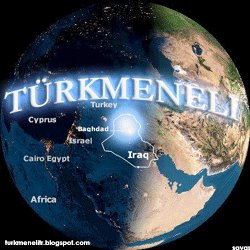
By ANDREW LEE BUTTERS/ERBIL
Sunni-dominated Kurdistan is a tolerant refuge for religious minorities, who are free to worship as they please, these groups say. But the ruling parties keep tight rein over the Muslim religious establishment through the Ministry of Awqaf, an institution that was created by Iraq’s British overlords in the 1920s to control mosques, mullahs and what gets said in Friday sermons. The Baathists maintained the Awqaf as a useful tool of coercion, but it was disbanded by the American-appointed Governing Council in 2003 and forbidden by Iraq’s new constitution. Yet Ministries of Awqaf still exist in Kurdistan, and are still used to enforce political orthodoxy. “Instead of one big Saddam, we have a hundred small Saddams in Kurdistan,” says mullah Ahmed Wahab, a member of the Iraqi parliament for the KIU and the head cleric of mosque in Erbil until he was fired by the Erbil Awqaf on the pretext that he held two jobs.
